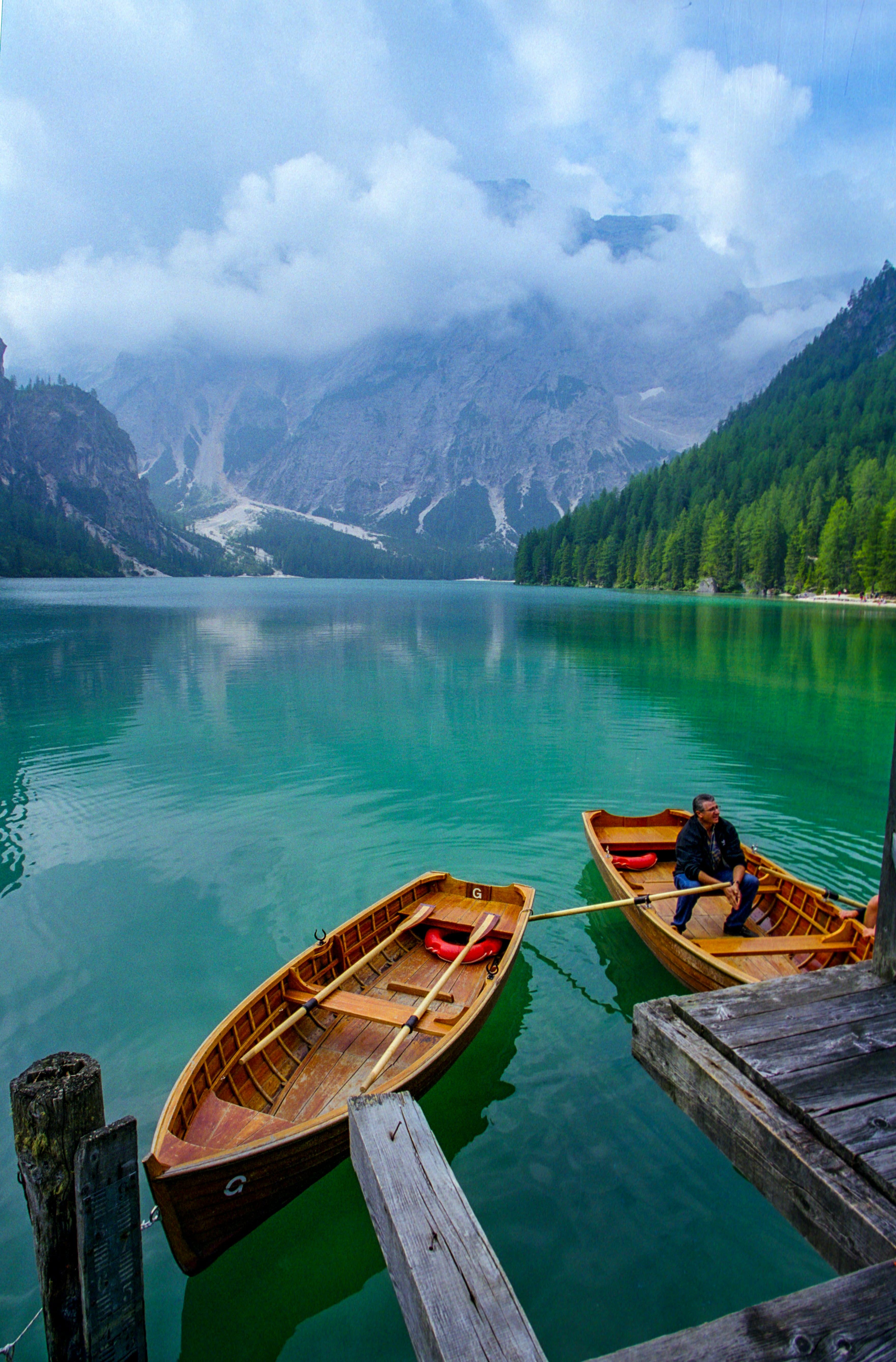Eco-Tourism 2.0: Exploring Malaysia's RM110 Million Investment in Sustainable Travel

Eco-tourism, a harmonious blend of travel and environmental stewardship, has become a pivotal aspect of global tourism. For Malaysia, a nation endowed with rich biodiversity and cultural heritage, eco-tourism is not merely a trend but a vital component of its sustainable development strategy.
The Significance of Eco-Tourism
Eco-tourism emphasizes responsible travel to natural areas, aiming to conserve the environment and improve the well-being of local communities. Globally, this approach contributes billions of dollars annually, bolstering economies while promoting conservation efforts. In Malaysia, eco-tourism leverages the country's unique ecosystems—from rainforests to pristine beaches—to attract travelers seeking sustainable experiences.
Why Eco-Tourism Matters to You
As an ordinary citizen, eco-tourism offers numerous benefits:
- Economic Opportunities: It creates jobs and stimulates local economies, providing livelihoods for communities in and around natural attractions.
- Environmental Conservation: By supporting eco-tourism, you contribute to the preservation of natural habitats and biodiversity.
- Cultural Preservation: Eco-tourism fosters respect for local traditions and ways of life, ensuring that cultural heritage is maintained.
Malaysia's Vision for Eco-Tourism
Malaysia envisions eco-tourism as a pathway to sustainable growth, integrating environmental preservation with economic development. This vision entails:
- Hotels and Accommodations: Implementing green practices such as energy efficiency, waste reduction, and the use of sustainable materials.
- Restaurants: Sourcing ingredients locally to reduce carbon footprints and support local farmers, while minimizing food waste.
- Businesses: Adopting sustainable operations, from eco-friendly product offerings to responsible supply chain management.
- Communities: Engaging in and benefiting from eco-tourism initiatives, ensuring that development is inclusive and equitable.
Examples of Eco-Tourism in Malaysia
Malaysia is rich in biodiversity and natural landscapes, making it an ideal destination for eco-tourism. Here are some notable examples of eco-tourism experiences in the country:
Taman Negara National Park
One of the world's oldest rainforests, Taman Negara offers a wide range of eco-tourism activities like jungle trekking, canopy walks, and wildlife spotting. Visitors can also explore its pristine rivers by boat and experience the local Orang Asli communities' traditional lifestyle.
Perhentian Islands
Located off the east coast of Malaysia, the Perhentian Islands are known for their crystal-clear waters, coral reefs, and marine biodiversity. Eco-tourists can enjoy snorkeling, diving, and sea turtle conservation programs while staying in eco-friendly resorts.
Cameron Highlands
Nestled in the Titiwangsa Mountain Range, the cool climate of Cameron Highlands makes it an ideal destination for eco-tourism. Visitors can explore tea plantations, visit strawberry farms, hike through the Mossy Forest, and participate in environmental education programs.
Global Leaders in Eco-Tourism
Several destinations worldwide exemplify successful eco-tourism models:
- Costa Rica: Renowned for its extensive national parks and biodiversity, Costa Rica has seen positive impacts by integrating conservation with tourism, resulting in both environmental and economic benefits.
- Slovenia: With initiatives like the Juliana Trail, Slovenia promotes sustainable tourism by directing visitors to lesser-known areas, thereby reducing overcrowding and supporting local communities.
Providing Sustainable and Enjoyable Experiences
These examples demonstrate that it's possible to offer memorable holiday experiences while prioritizing sustainability. Eco-friendly practices enhance the authenticity of travel, allowing you to connect deeply with nature and culture.
Reliance College's Role in Eco-Tourism
At Reliance College, we are committed to shaping the future of eco-tourism through education and sustainable practices:
- Educational Programs: Our curriculum focuses on sustainable tourism, providing students with the knowledge and skills needed to design, develop and manage eco-friendly tourism initiatives. Through a combination of theoretical learning and practical experience, we prepare students to lead in the growing field of eco-tourism.
- Campus Initiatives: We are dedicated to implementing sustainable practices on campus, such as promoting recycling programs, reducing energy consumption and integrating eco-tourism principles, to cultivate a culture of environmental responsibility and sustainability among our students.
By integrating sustainability into our educational framework, we aim to prepare future leaders who will advance eco-tourism and contribute to a more sustainable world.
In conclusion, eco-tourism presents a pathway to sustainable development, benefiting the environment, economies, and societies. By embracing eco-tourism principles, Malaysia and the global community can ensure that tourism contributes positively to our planet and its inhabitants.
References
Ecotourism development in Penang Hill: a multi-stakeholder perspective towards achieving environmental sustainability – National Library of Medicine
Malaysia focuses on sustainability and eco-friendly tourism – TRAVEL AND TOUR WORLD
12 sustainable destinations doing good for the planet – THE TIMES



